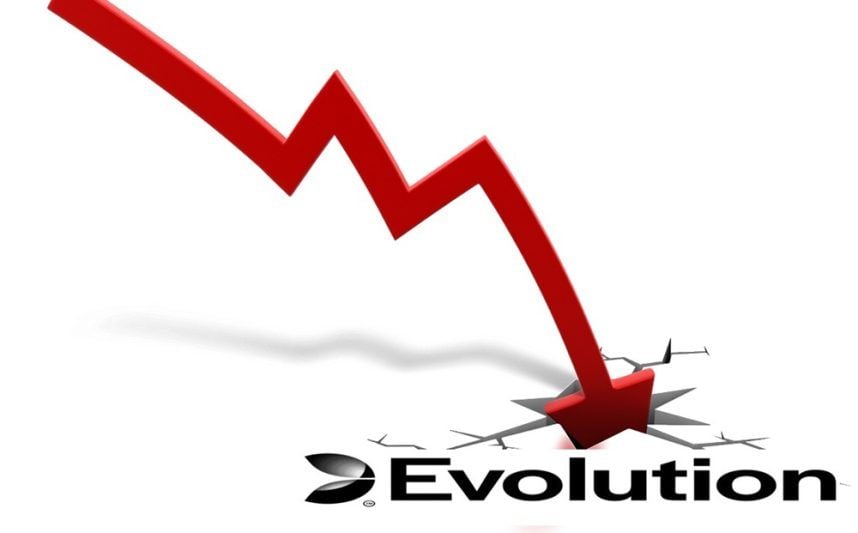Key Takeaways
Shares in [ST: EVOG] plunged by more than 10% on Monday, the last day of trading before Christmas, over news that the Swedish online gaming software provider’s license was under review by the UK Gambling Commission (UKGC). The company’s shares rallied slightly on Friday.
 Investors fear the UKGC investigation might have a spillover effect into other jurisdictions, according to analysts, although these fears may be overblown. (Image: Casino.org)
Investors fear the UKGC investigation might have a spillover effect into other jurisdictions, according to analysts, although these fears may be overblown. (Image: Casino.org)The investigation is related to claims that Evolution’s games were accessible to players in the UK through unlicensed operators, which the company acknowledged in a note to investors on December 20. Evolution confirmed its games had appeared on unlicensed sites but added the situation was now remedied.
“…[G]ames on the identified websites not holding a Commission license have been made unavailable from the UK,” read the note.
‘Forceful Action’Martin Carlesund, CEO of Evolution, said his company was “now taking forceful action, using all technical tools available” to ensure its games were only available to Brits through UK-licensed operators.
Evolution remained committed to “an open and transparent relationship” with regulators, Carlesund added.
Shareholders were spooked by the possible consequence of the review, which could result in a hefty fine, or even license suspension or revocation.
While the UK accounts for only about 3% of Evolution’s revenues, analysts at Jeffries suggested investors were concerned that the review could spark regulatory action in additional territories.
Analysts at Pareto suggested these fears were overstated, however, and Evolution isn t in danger of losing its UK license.
Mystery ReportEvolution is currently engaged in a defamation case in which it s suing an that authored a 2021 report alleging the company was conducting business in various black markets. These included countries subject to US sanctions, such as Iraq, Sudan, and Syria.
The report was presented by Newark, NJ-based law firm Calcagni Kanefsky in the form of a complaint to the New Jersey Division of Gaming Enforcement (DGE).
A subsequent DGE investigation found no regulatory breaches by Evolution and the company was cleared of wrongdoing in February 2024. The software provider has petitioned the New Jersey Superior Court to reveal the identity of its accuser, so far unsuccessfully.
In April, a judge determined that more work needed to be done to examine the allegations contained in the report before Evolution could find out exactly who it s suing. That was because of the need to balance an attorney’s obligation to avoid revealing a client’s identity against a plaintiff’s right to get the information needed to pursue civil action, the judge ruled.
News of the DGE investigation wiped US$3 billion off Evolution’s market cap, according to the company’s lawsuit.
crossfitnewry.com







